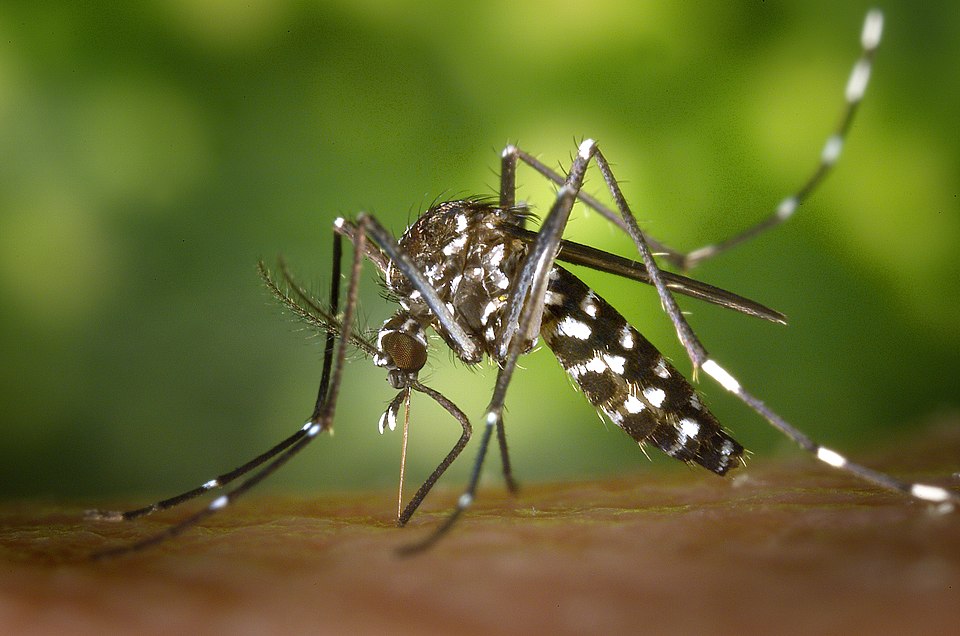An international research team led by the University of Lisbon and involving the University of Vienna reports a rapid worldwide increase in disease-transmitting mosquito species that have spread through human activities. Two of these species, including the Asian tiger mosquito, are now permanently established in Austria. The findings were published in the journal Nature Communications.
In total, 45 species of disease-transmitting mosquitoes have been introduced into regions where they were not native. Twenty-eight of these have successfully established populations, significantly increasing the risk of diseases such as dengue fever, Zika, and malaria. The researchers found that introductions have sharply increased since 2000. The study identifies global trade and transport as the main drivers behind these introductions. Mosquito larvae are frequently transported unintentionally via water accumulations found in imported goods, such as used tires or aquatic plants.

In Austria, two invasive mosquito species are now established: the Asian tiger mosquito (Aedes albopictus) and the Japanese bush mosquito (Aedes japonicus). Both species thrive in warmer conditions, and due to climate change, they are increasingly able to survive in temperate regions such as Central Europe. The rapid spread of invasive mosquito species increases health risks, even in temperate regions such as Austria. Altogether, 45 species of disease-transmitting mosquitoes have been introduced into regions where they were not previously found – a trend that is likely to continue with increasing international trade. The researchers stress the importance of preventive measures in international trade and of monitoring established species to limit further spread.
Publication
Global patterns and drivers of human-mediated mosquito introductions. Published in Nature Communications (2025).
University of Vienna research team
Franz Essl, Adrián García-Rodríguez, Bernd Lenzner, Daijun Liu, Anna Schertler
Further information
Press release – University of Vienna

